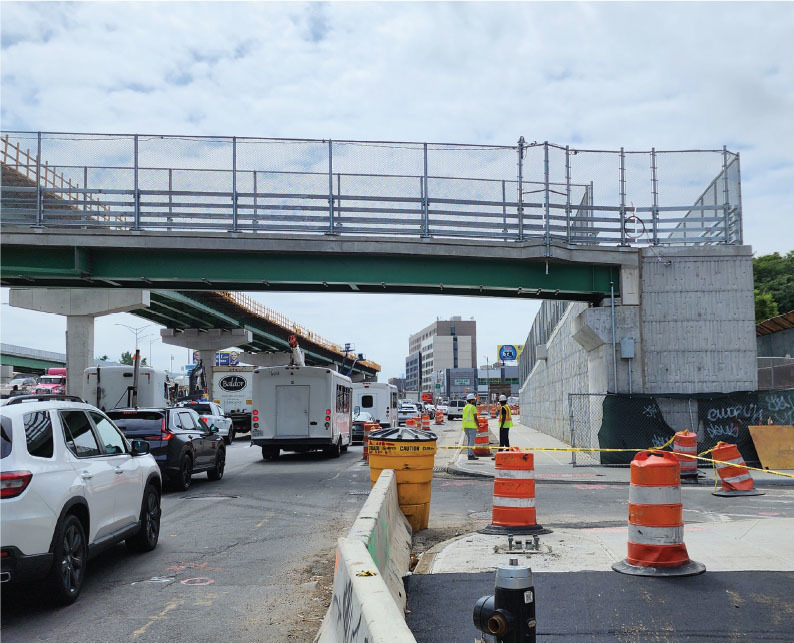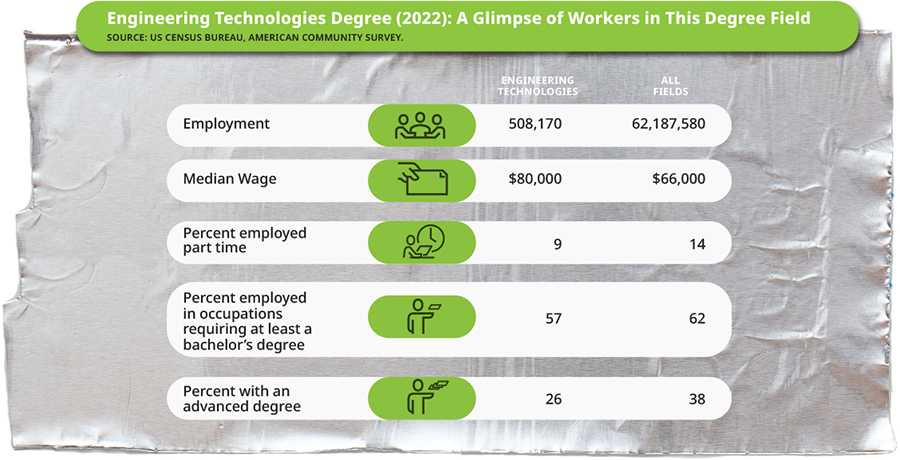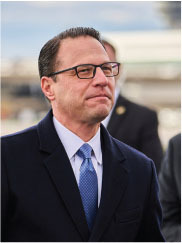March/April 2017
PE Report
New York Project Manager Convicted for Falsifying Hurricane Sandy Engineering Reports
 A former project manager pleaded guilty in January to charges of unlicensed practice of engineering involving the alteration of engineering reports detailing structural damages of residences during Hurricane Sandy in 2012.
A former project manager pleaded guilty in January to charges of unlicensed practice of engineering involving the alteration of engineering reports detailing structural damages of residences during Hurricane Sandy in 2012.
In August 2016, the New York Attorney General Eric Schneiderman handed down a 50-count felony indictment against Matthew Pappalardo and his former engineering employer, HiRise Engineering PC, for altering engineering reports for claims associated with FEMA’s National Flood Insurance Program. The formal sentencing for Pappalardo was scheduled for March 1. He is expected to receive three years of probation and a $10,000 fine.
HiRise also admitted guilt and paid $225,000 for the cost of prosecution. The firm will be permanently prohibited from receiving contracts and providing services under the flood insurance program.
On March 1, 2015, professional engineers and the importance of ethical practice were highlighted in a CBS 60 Minutes prime-time news story about the altered engineering reports. The story gave national attention to the issue. CBS’s Sharyn Alfonsi interviewed Andrew Braum, P.E., who inspected more than 180 homes after the hurricane. He said at least 175 of those reports were changed after he completed them. Braum was recognized at NSPE’s 2015 Annual Meeting in Seattle for honoring his duty to the public as a PE and helping to bring this issue to light.
According to a statement from the attorney general’s office, HiRise Engineering was hired to perform structural engineering assessments for residential properties covered by the National Flood Insurance Program. The firm hired licensed engineers to perform inspections and prepare engineering reports; however, the original reports authored by the professional engineers were altered by employees of HiRise under the direction of Pappalardo. The altered reports were submitted by the firm without the consent of the PEs who prepared the reports. These employees and Pappalardo, according to prosecutors, didn’t inspect the damaged buildings and were not licensed to practice engineering in New York.
In a statement about the conviction, Schneiderman said “fraudulently altering engineering reports undermines the integrity of the entire NFIP claims process, which homeowners and families rely upon in a time of crisis.”
This fraud case also led the attorney general to review the National Flood Insurance Program, which revealed several fundamental flaws involving the scope of coverage and the program’s structural damage assessment process. Schneiderman recommended a series of reforms to help federal regulators and industry participants increase transparency and accountability within the NFIP.


 Volunteering at NSPE is a great opportunity to grow your professional network and connect with other leaders in the field.
Volunteering at NSPE is a great opportunity to grow your professional network and connect with other leaders in the field. The National Society of Professional Engineers (NSPE) encourages you to explore the resources to cast your vote on election day:
The National Society of Professional Engineers (NSPE) encourages you to explore the resources to cast your vote on election day:










